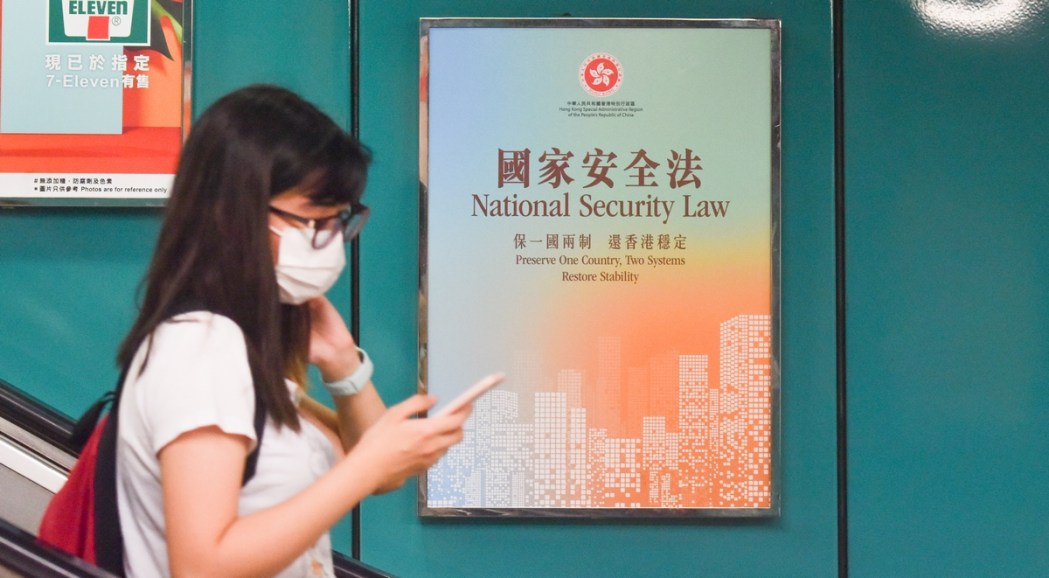Filmmakers and democrats have expressed concern over the government’s new censorship guidelines directing censors to ban films showing on national security grounds, saying the new rules may prompt Hong Kong’s film industry to self-censor and could deter investment.
The government introduced new amendments to the Film Censorship Ordinance on Friday morning to ensure censors strike down movies featuring content that may be in violation of the city’s national security law.

The Democratic Party’s labour policy spokesperson Sin Cheuk-nam said it was “groundbreaking” for the government to intervene in the Hong Kong film industry on the basis of national security.
He said the new guidelines placed pressure not only on the industry but the Office for Film, Newspaper and Article Administration (OFNAA).
“It is doubtlessly a threat to those who work in the censorship authority as they would never know where the ‘red line’ of… the notorious national security law is,” he told HKFP. “Therefore, to protect themselves from being ‘illegal,’ the censors may have to tune their points of views to fit the new guidelines.

He also expressed concern that the new regulations will deter investors from backing local films.
“Local and even foreign investors may become reluctant to invest in works that may violate the guidelines while distributors may also be accountable for… public exhibitions [of] films which may promote a ‘bad’ image of Hong Kong,” he continued.
“It is worrying that the government stepped into an industry which values freedom of creation and expression,” the democrat said.
The Federation of Hong Kong Filmmakers echoed similar concerns over the lack of clarity in the new guidelines. “There are many question marks in the new guidelines that are of concern to the industry,” the federation told HKFP in a statement.
“The new guidelines will have a greater impact on investors. For example, do the guidelines have relevant mechanisms for review, supervision, and appeals?” the group asked.
There are also fears the rules will prompt filmmakers to self-censor.
“It’s hard for me to see how a film could endanger the security of any country, but let’s hope these guidelines don’t cause filmmakers or film distributors to begin self-censoring out of fear of crossing the vaguely delineated red lines,” President of the Foreign Correspondents’ Club of Hong Kong Keith Richburg told Bloomberg.
‘Encroachment on civil liberties’
The rules drew further criticism from abroad. “This new censorship will make it even harder for local filmmakers in Hong Kong to use their democratic rights to create art and challenge unjust power structures,” Norwegian director Anders Hammer told AFP.

“It’s two years since the pro-democracy protests started and I’m saddened to see another serious example of Beijing’s encroachment on Hong Kong’s civil liberties,” he added.
The director had received a nomination for his documentary about Hong Kong’s democracy protests “Do Not Split” in this year’s Oscars.
The amended censorship rules enforced on Friday is the latest development causing concern over a diminishing space for artistic expression in Hong Kong since Beijing imposed a national security law on the city last June in response to months of pro-democracy protests and unrest.
Support HKFP | Policies & Ethics | Error/typo? | Contact Us | Newsletter | Transparency & Annual Report | Apps
Help safeguard press freedom & keep HKFP free for all readers by supporting our team
























